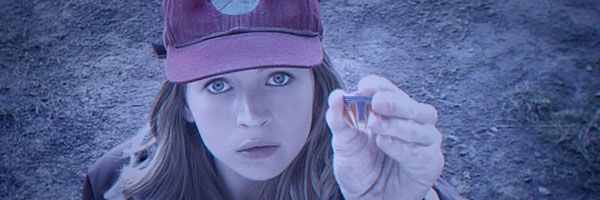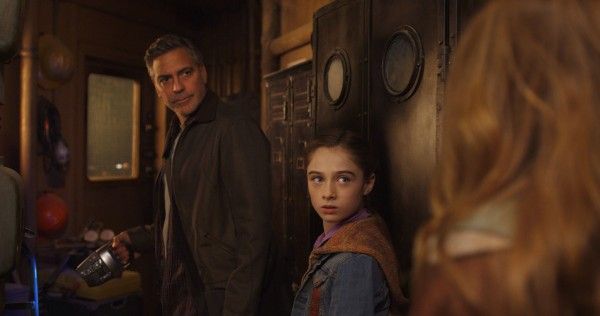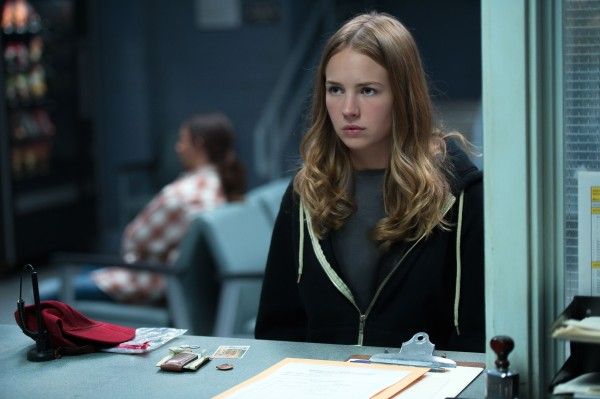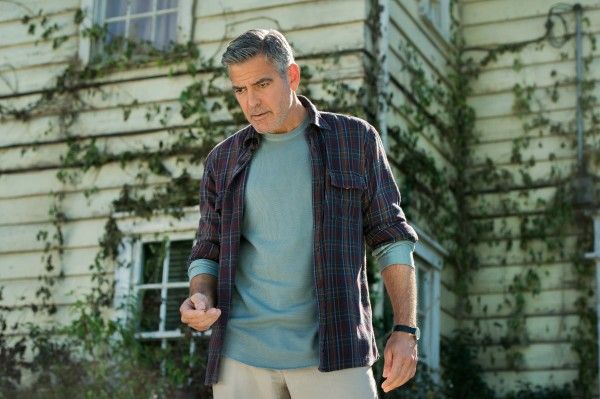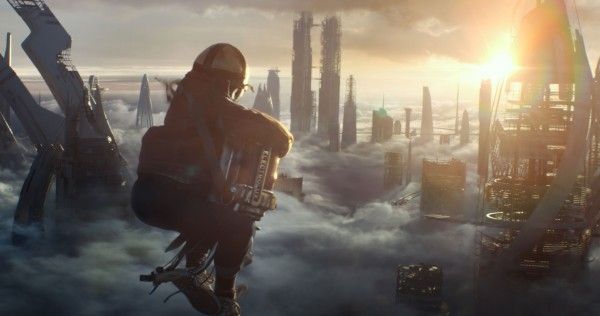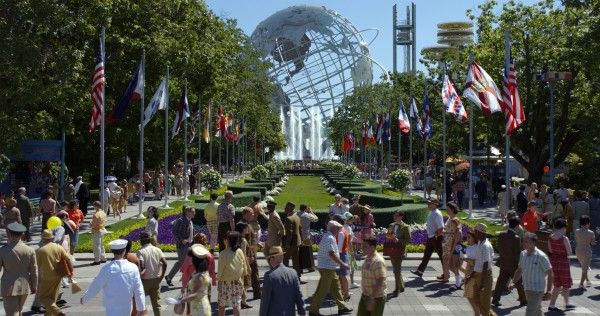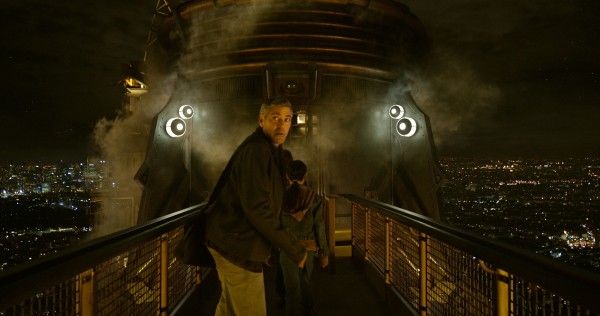After creating, running, and ending Lost, writer Damon Lindelof dipped his toe into the feature film world and lent his talents to a vast array of films. They range from sci-fi reboots (Star Trek) to zombie apocalypse dramas (World War Z) to heady sci-fi epics (Prometheus). But one of Lindelof’s more interesting works is certainly Tomorrowland. The idea for the film was crafted by Lindelof and Jeff Jensen, inspired by the optimism of Walt Disney in the 1950s. They teamed up with filmmaker Brad Bird, and together they all took a big swing on a unique piece of sci-fi filmmaking with a big heart, plucky lead, and earnest thematic pull.
The film grossed $209 million at the worldwide box office, which is nothing to scoff at but certainly below expectations considering the reported $190 million budget. And while the movie was critically divisive, some who didn’t like the movie really didn’t like it.
I recently spoke with Lindelof for an extended conversation about The Leftovers finale and the season as a whole, but I was curious to know if—given the extensive world building in the film—he and Bird had ever cooked up an idea for a Tomorrowland sequel. As it turns out, they were mostly just focused on telling one good story:
“Jeff Jensen and I did a tremendous amount of world building together on Tomorrowland before we wrote the screenplay and again that kind of goes back to the idea of how do you cram all of those ideas into a two-hour movie and what does that look like? I don’t think there were many conversations about what the sequel of Tomorrowland would be because we live in this media culture now where you can’t just make a movie anymore, your movie has to have a post-credit sequence and has to lay groundwork. When they made The Fast and the Furious I don’t think they were thinking about, ‘What would the sequel be?’ let alone the eighth movie, their job was basically just to make a great movie, a fun ride. I think that we tried to take the same approach to Tomorrowland which was, ‘Let’s just make a movie with a beginning, middle, and end and see how it turns out, and then we’ll worry about where to go next if we’re all happy with the end result.’”
Lindelof admits the finished film didn’t fully live up to his expectations, but still cherishes the experience and ambition of what they were trying to make:
“I learned a lot from Tomorrowland, I think there’s some really good stuff in that movie, but the best part of that experience for me was getting to work with one of my idols, Brad Bird. I’m sure we both wish the end result was better than it actually was, but...we were trying to say something about the future and about the way people think about the future that tapped into Walt Disney’s fundamental idea back in the 1950s that the future was bright, and that’s a much harder idea to get across these days because we have a fixation with the apocalypse. It feels like we keep making these movies where the future isn’t bright and Tomorrowland was gonna try to thread that needle. I still celebrate the ambition of the movie and I certainly celebrate Disney’s big swing on letting us make it. I don’t entirely have the answer yet to what could we have done differently to make it awesome, but at least we tried.”
Indeed, Tomorrowland’s not a home run but the world building is phenomenal and there’s plenty to like about the movie. You can’t say Lindelof, Jensen, and Bird weren’t swinging for the fences, and that kind of ambition and heart-on-sleeve earnestness is hard to come by in original sci-fi stories, let alone blockbuster filmmaking.
Look for my full interview with Lindelof on Collider soon.

